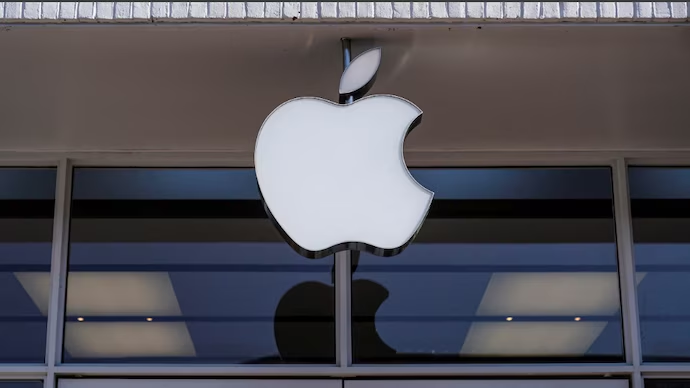Apple Legal Challenge Against EU Order: Innovation vs Regulation
In a bold move, Apple has launched a legal challenge against an EU order under the Digital Markets Act (DMA), arguing that the regulation unfairly targets the company and threatens both innovation and user privacy. The tech giant claims the European Union’s demands are excessive, costly, and pose significant security risks for users in Europe.
According to a report by Reuters, Apple labeled the EU’s requirements as “unreasonable”, stating that they impose an undue burden that could negatively affect the user experience of millions of iPhone and iPad users across the EU.
Apple Claims EU’s DMA Threatens Innovation and User Privacy
The Apple legal challenge against EU order is centered on the Digital Markets Act, a sweeping regulation designed to curb the power of Big Tech firms operating within the European Union. Apple strongly opposes the new legal framework, arguing that it singles the company out while giving competitors like Meta, Google, Spotify, and Garmin the ability to access proprietary Apple technology.
“These deeply flawed rules that only target Apple—and no other company—will severely limit our ability to deliver innovative products and features to Europe,” Apple said in a public statement. “The result will be an inferior user experience for our European customers.”
A major point of contention is the requirement to share sensitive user data and proprietary technology with third-party app developers and device manufacturers. Apple argues that this requirement would effectively hand over critical user information to companies known for aggressive data collection practices, which could potentially compromise user privacy and data security in the EU.
What the European Commission Ordered Apple to Do
The European Commission, in March 2025, ruled that Apple must comply with specific provisions outlined in the Digital Markets Act. These provisions include:
- Opening its mobile operating system to third-party developers.
- Allowing seamless connectivity between Apple devices (like iPhones and iPads) and third-party smartphones, headphones, and VR headsets.
- Establishing a clear process and timeline for handling interoperability requests from developers.
This ruling is part of a broader EU initiative to increase competition in digital markets and reduce the dominance of tech giants over the European tech ecosystem.
Despite Apple’s legal challenge, the company will be required to comply with the EU’s directives during the course of the legal proceedings, which could take years to resolve.
Industry Reactions and the Future of Apple in Europe
The Apple legal challenge against EU order has sparked wide interest across the tech industry. Companies like Meta and Google, both competitors and stakeholders in the data-sharing debate, are pushing for greater interoperability with Apple devices to enhance their own service offerings.
At the same time, consumer advocates are split. Some support the DMA for its potential to democratize the tech landscape, while others echo Apple’s concerns about privacy and innovation.
This legal battle may reshape the future of tech regulation in Europe and influence how companies balance user control, innovation, and compliance. If Apple’s challenge fails, the company may be forced to make significant changes to its operating systems and services in Europe, potentially affecting billions in revenue and millions of users.
Conclusion: Apple’s Legal Strategy Could Define Big Tech Regulation
The Apple legal challenge against EU order represents more than just a disagreement over software access. It’s a landmark case in the broader debate over how much control tech companies should have over their ecosystems—and how much access competitors should be given in the name of fair competition.
As the legal battle unfolds, all eyes will be on how the EU courts interpret the DMA and whether Apple can successfully defend its tightly controlled model of innovation and privacy.







